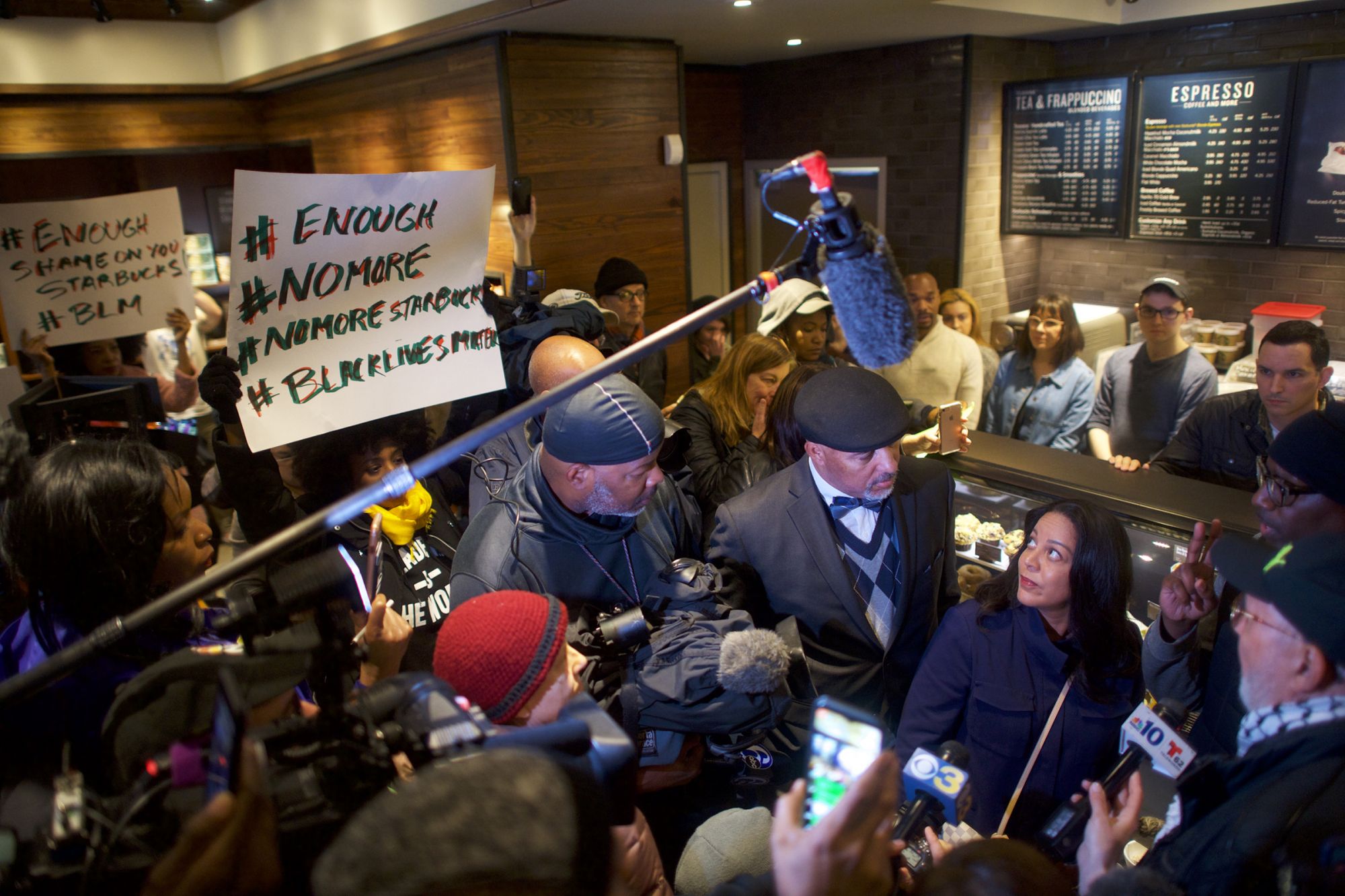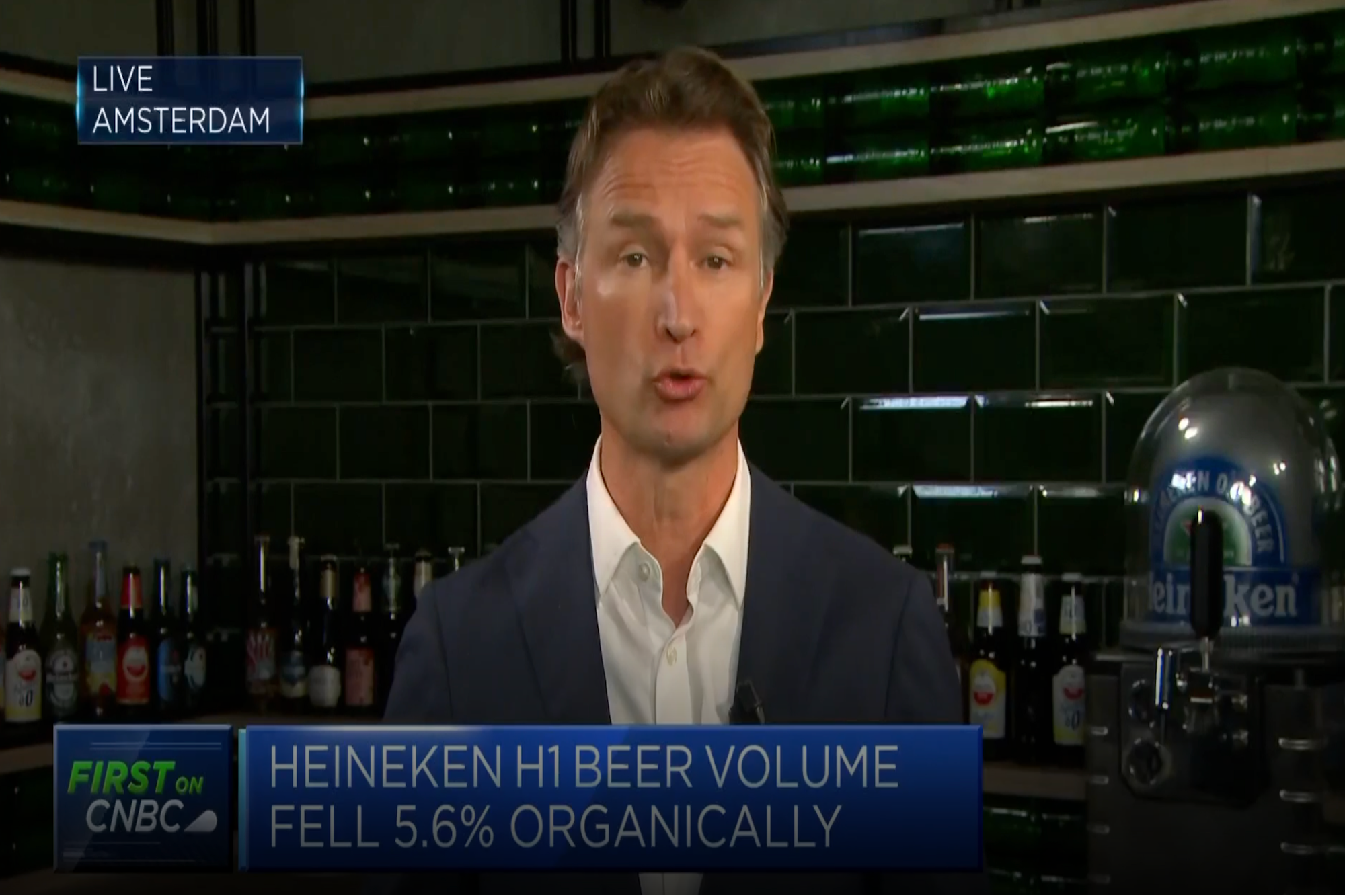How You Should Be Rethinking Social to Minimize Your Next Brand CrisisIn a crisis, brands with a strong social strategy have much more influence than their print-limited predecessors ever did.
ByJamie Gilpin•
Opinions expressed by Entrepreneur contributors are their own.

Social media is a powerful force in today's brand-consumer relationships. It's become commonplace for consumers to take to channels like Facebook and Twitter to speak and be heard, to be entertained and educated and to have their needs met without having to ask.
Related:7 Creative Ways to Boost Your Social Media Strategy
But there's another category where social plays an even greater role in terms of how brands and consumers see one another: the brand crisis.
When a crisis occurs, consumers turn to social to look for the latest updates on issues like race relations and the treatment of workers. They use these channels to hear the response of the brand involved and receive answers to their questions. Consumers also use social to obtain transparency from their favorite brands -- the focus of a study our company recently released (more on that below).
In general, social -- if it's working right -- puts real-time updates into the hands of those consumers. That's one of the reasons why, today, people from all walks of life are bringing their expectations to social interactions with their favorite brands.
For those brands that are intertwining social strategies into every effort they put forth, meeting those new engagement standards is entirely possible.
Of cource it's difficult to predict a brand crisis -- even more so given how quickly information spreads in today's digital world. But having a proactive social strategy in place can make the difference whether consumer loyalty is lost, retained or won. So, social must no longer be an afterthought or last-minute save. For 21st century brands, proactive social strategies centered around real connection areeverything.
A proactive social strategy offers brands a lifeline.
When a crisis strikes, brands are forced to answer tough questions up-front and to present thoughtful responses in a matter of minutes. This is easier said than done.
Related:10 Social-Media Marketing Strategies for Companies
Take that now infamous incident earlier this year involving Starbucks. The coffee companycame under firefor the controversial arrest, caught on video, of two African American men who had refused to leave a Philadelphia Starbucks. They had been asked to do that because they hadn't ordered anything. But the men seemed to be in the right; they were waiting for a friend before ordering. Still, officers were called to arrest them anyway.
The company leadership then mis-stepped, failing to publish a statement on the issue until three days later. Eventually, though, Starbucks' management rethought its poor judgment and used Twitter to fosteropen communication and conversationsurrounding next steps, including closing its company owned stores for a day and instituting employee racial relations training companywide.
The "hit the kill switch" mentality Starbucks defaulted to is traditionally defense number one after a PR blowout. But, in today's world, every minute counts in consumers' eyes. A social-first contingency strategy would have helped in the Philadelphia incident.
Such a strategy helps brands engage their target audiences sooner and solves two issues companies must counter in the wake of a crisis: the demand for authentic transparency and the pressure companies too often have to speak before listening.
The demand for transparency
品牌获得承诺更高的sta时很多ndard of transparency on social. My own company decided to explore this, in asurveywe conducted of 1,000 U.S. adults, polling them about their beliefs, expectations and desires on the role of transparency in business today.
In the study results, 85 percent of those surveyed said they would be more likely to stick by a business during a brand crisis if it had a history of being transparent. In a separate response, 89 percent of people said a business could regain their trust if it admitted to a mistake and was transparent about the steps it would take toward a resolution.
Why are these human characteristics so important for brands in the midst of a crisis? Because our humanity connects us with those who feel the impact of that crisis. People crave honest, thoughtful interactions with the brands they love and trust.
So if your own company's online presence lacks engagement, try getting personal. There are big opportunities to be had by practicing more human, transparent communication on social channels during difficult times.
Unfortunately, too many brands overlook that need for humanity and recycle canned messaging in the form of public statements on social. That's unwise because social offers an environment thatencouragestwo-way conversations, enabling companies to address their customers and other observers in direct, personal ways and to mend relationships.
Acting in this manner has bottom-line benefits, too. More than half of the consumers we surveyed (53 percent) said that a brand's transparency on social would cause them to consider that brand for their next purchase, and 42 percent would recommend thebrand to friends and family.
Listen before speaking.
There's pressure on brands to speak before listening when they're in crisis mode. Too often, this means brands get caught in the same negative cycle. They're accused, issue a statement and then there's crickets until the next PR nightmare. But those brands should consider using a tool that's in every social team's back pocket and can break this reactionary plan -- social listening.
Social listening enables you to be a fly on the wall of consumers' social conversations. It offers access to elements of communication that brands sometimes miss on social, namely context, tone and sentiment.
Understanding this information empowers you to get ahead of conversations around your brand and any issues at handbeforeyou craft a statement. Social listening prepares you to not only issue a response to a crisis, but to address the actual concerns of your audiences with relevant solutions and engagements every day.
Related:The Real Reason Starbucks Recently Had to Shut Down: Failure to Tie 'Time' to Outcomes
This strategy also ensures a powerful, authentic message you can share, regularly and proactively, not just when you're faced with a problem. Such investments in transparency and social listening can equip brands with the resources to navigate tricky situations on social.
Yet another brand's crisis
Papa John's is a good example of proactive listening. After consumers heavily criticized the company's founder for racist comments, Papa John's quicklyreleased a social media campaignwith an apology video and a letter from the CEO about the company's plans to institute training on unconscious bias.
The video highlighted customer complaints, demonstrating how Papa John's listened to people as part of owning up to its mistakes. The social engagements employed showed the human side of the Papa John's brand and prioritized authentic transparency.
Don't wait. Take social seriously now.
As a brand, you have the power to impact consumer opinion and build an unwavering human presence on social that fosters strong relationships. Some brands balk at this level of responsibility, but your influence on audiences' lives is far greater than your print-limited predecessors', especially during a crisis. No one wants to be at the center of a scandal, but scrambling because you're not prepared to handle issues your customers face will only escalate the situation from bad to worse.
Consider this your wake-up call: Change the way you think about crisis communication now. We can't avoid mistakes, but we can avoid disasters. Actively prevent issues from the start with strong social communication that's woven into the fabric of your overall brand and communications strategy.











